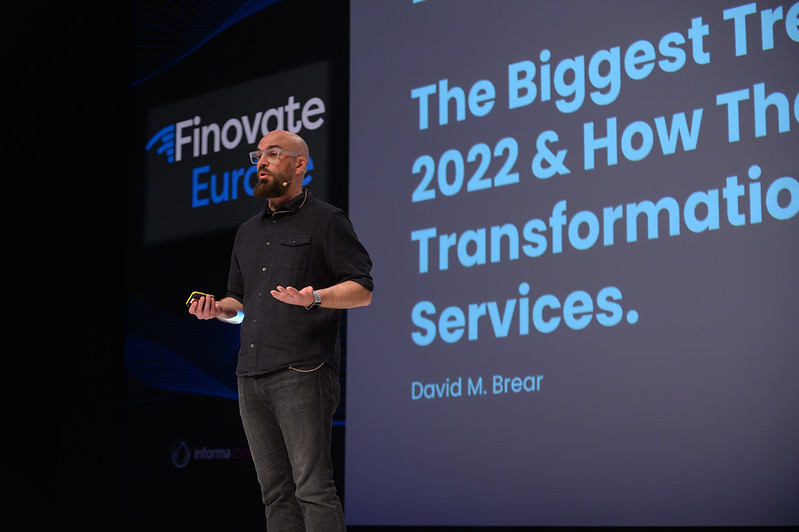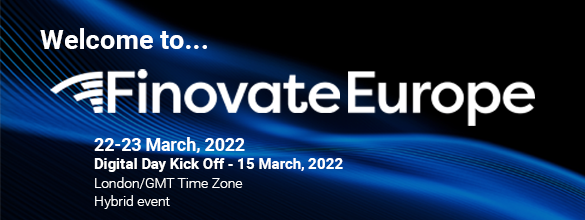
- FintechOS has launched a pair of accelerators – for mobile lending and mobile onboarding – to enable institutions to support small businesses.
- The new offerings are built for speed, enabling companies to lower account opening times to less than 15 minutes.
- Headquartered in London and founded in 2017, FintechOS made its Finovate debut last September at FinovateFall in New York.
Digital banking and insurance solution provider FintechOS unveiled a pair of new accelerators to help financial institutions better serve their SME clients. The offerings, announced this week, support SME mobile lending and onboarding, and enable institutions to reduce the amount of time required to open a current/checking account to less than 15 minutes.
Calling SMEs “the backbone of the global economy”, FintechOS CEO and co-founder Teo Blidarus decried the “lending gap” that has kept many small businesses from being able to secure the critical funding they need in order to grow. “Our high productivity fintech infrastructure, digital and core financial technology blocks combine here with a low-code approach to help institutions close the gap by rolling out tailored financial services experiences at speed.”
FintechOS’ accelerator for mobile onboarding gives financial institutions the ability to implement a modern UX. This will enable them to readily configure both design and content, as well as journey sequence and product logic. The accelerator for mobile lending allows SMEs to access the financing solutions they need in minutes with an out-of-the-box loan origination journey that can be easily configured and requires no technical expertise. Both accelerators embrace a mobile-centric approach that allows small businesses to use their device of choice for both onboarding and financing, which will help lower abandonment risk during the account opening and lending process.
The launch of FintechOS’ account onboarding and mobile lending accelerators comes just days after the company announced a collaboration with digital transformation consultancy Tesselate Group. Together, the two companies will work to bring innovative lending solutions and strategic planning to financial institutions. The partnership will focus on product verticals including digital journey accelerators, ecosystem connectors, and lean core components.
“We’re on a mission to enable companies to build innovative financial services and products at the speed the market requires,” FintechOS VP of Ecosystem Todi Pruteanu said. “Our ecosystem is fundamental to achieving this objective, and FintechOS is investing significantly to build an industry-leading partner infrastructure.”
In February, FintechOS forged a global partnership agreement with fellow Finovate alum Onfido. The pact integrates Onfido’s identity verification solution into FintechOS’ customer onboarding, lending, and claims management journeys. Two of FintechOS’ customer-centric platforms for banks and insurers – Lighthouse and Northstar – feature Onfido’s identity verification and liveness technology.
Among Finovate’s newer alums, FintechOS demoed its technology on the Finovate stage for the first time in September at FinovateFall. At the conference, FintechOS’ Paula Costea and Steve Rooney demonstrated Sunglow, the company’s “super app for banking.” Sunglow enables consumers to finance and book vacations in a seamless, end-to-end customer experience that factors in every component of the lending and booking processes.




















